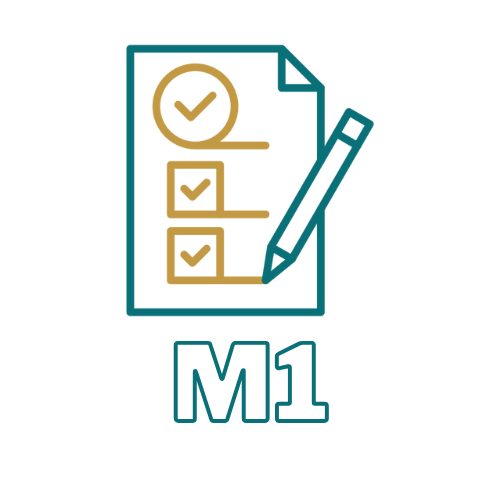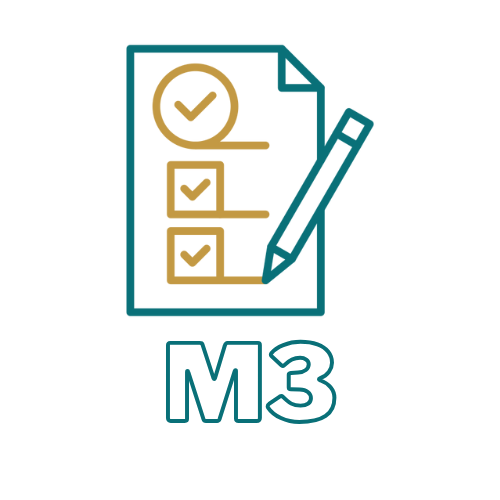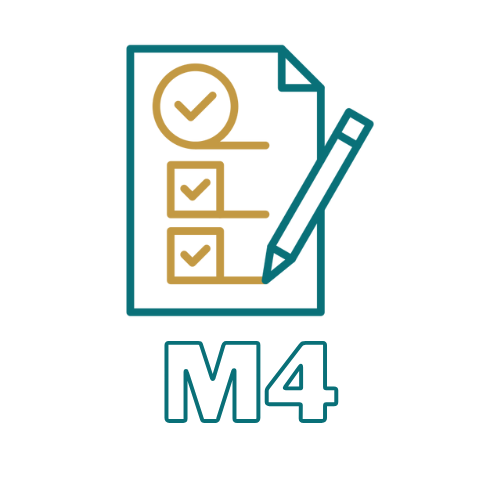Graduation Projects
Introduction
The graduation project is a final project that is implemented over two consecutive semesters (seventh and eighth semesters) by a group of students and supervised by a faculty member of the college. The graduation project begins with the project proposal course during the seventh semester, followed by the project implementation course during the eighth semester. Students are expected to apply, demonstrate and integrate the comprehensive knowledge acquired across the various courses during all stages. The path to be followed to register and implement the project:
(First) Project registration:
During the sixth semester, students form groups of three or four students and search for a good and feasible project idea, then discuss this idea with a potential supervisor. After settling on the idea, crystallizing it and getting the supervisor's approval, students fill out the initial registration form for the graduation project with the help of the project supervisor, who then submits this form to the graduation projects coordinator in the department to obtain the department's approval. The department may request some modifications to the idea or modify it according to the department's work plan and mechanisms. In this case, students must make the required modifications with the help of the project supervisor and submit them on time. Preparing students and preparing them to compete in national, regional and international competitions
(Second) Project Proposal Course (Seventh Semester):
After the idea was approved in the previous stage and the students fulfilled all the conditions (explained in the section on the conditions for registering the Project Proposal Course), students register for the Project Proposal Course, which consists of three main stages. At the end of each stage, students submit a report on what has been accomplished and present this stage to the members of the committee designated by the department. During this course, students must formulate and analyze their idea well, determine all the requirements for the project, study all available solutions, identify their strengths and weaknesses, accurately determine the functions that the proposed project will perform, and develop an action plan to implement the project afterwards. Each stage of the project proposal is evaluated by the Graduation Project Evaluation Committee, and the course as a whole is also evaluated by the project supervisor.
(Third) Project Implementation Course (Eighth Semester):
The graduation project is implemented in two stages. Students submit a report and make a presentation to the project evaluation committee after each stage. During these stages, students implement the proposal that was previously formulated in a practical manner and on time to achieve all planned objectives. Students must demonstrate their ability to use different knowledge methods, apply alternative solutions, and solve practical problems that they may encounter during the implementation process. At the end of this course, students must present a complete product that efficiently performs all previously specified functions. The course is evaluated by the competent committee and also by the project supervisor.
Requirements for registration in the Project Proposal Course:
There are a set of requirements that the student must meet before registering for the Project Proposal Course. These requirements may vary from one department to another. These requirements are:
Computer Science:
- The student must pass at least 95 credit hours.
- The student must pass (or be enrolled in) courses in Professional Responsibility, Software Engineering, Algorithm Analysis and Design, and Web-Based Systems.
Information Systems
- The student must pass a minimum of 85 credit hours.
- The student must pass (or be enrolled in) courses in Web-Based Systems and Information Systems Analysis and Design.
Networks and Communications:
- The student must pass a minimum of 85 credit hours.
- The student must pass (or be registered for) courses offered in network programming and network design or network simulation and modeling.
Important Instructions for Registration
Project Proposal Course:
- Students wishing to register for a Project Proposal course must first review their department coordinators to obtain department approval. After obtaining approval, the department coordinators will assign a Project Proposal section number and CRN to each group.
- Students must register in the section that was assigned to them based on the section number (during the early registration or confirmation period)
- Students who register for a Project Proposal course without department approval are responsible for deleting the course.
- Students who register in a project proposal section other than the one assigned to them are responsible for deleting it and registering in the section assigned to them
- Students must commit to registering in the section assigned to them whether the name of the section supervisor appears or not
Project Implementation Course:
- Students wishing to register for a project implementation course must review the department coordinators to obtain the section number and CRN
- Students who register for a project implementation course in another section are responsible for deleting the course
- Students must commit to registering in the section assigned to them whether the name of the section supervisor appears or not.
Graduation Projects Guides
Templates
Evaluators Forms
Supervisors Forms
Graduation Projects Archive
General Questions
Project Proposal Phase
Project Implementation Phase
- Retaking the Project Implementation Course – You may need to redo the project in the next semester.
- Additional Work – you may be allowed resubmission with improvements
- Delay in Graduation – Failing the project could postpone your graduation
- Communicate early with your supervisor or project coordinator to explain the situation and to follow the GPC guidelines
- Request an extension if necessary and provide valid reasons for the delay
- Keep your supervisor updated on your progress and any challenges faced
- If technical issues arise, seek help if needed
- Meet with your supervisor regularly to get feedback and stay on track.
- Break the project into clear milestones and adhere to the project work plan. Make sure to manage the plan according to the shared GPC timetable for the semester.
- Assign tasks based on team strengths and track progress using project managments tools like Trello or Jira
Supervision & Team Formation
If you aree facing difficulties in forming a team, reach out GP coordinator for guidance.
Concerns About Submission
- Final report ( hard bound in PDF format & source file)
- Code repository (GitHub, CD, etc.)
- User manua documentation
- Any datasets or resources used













